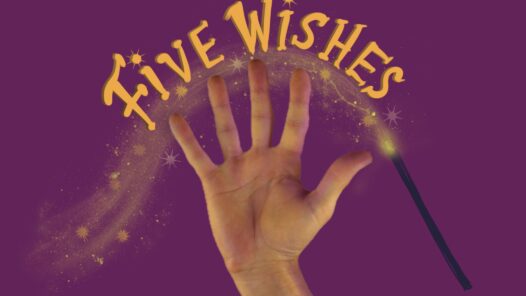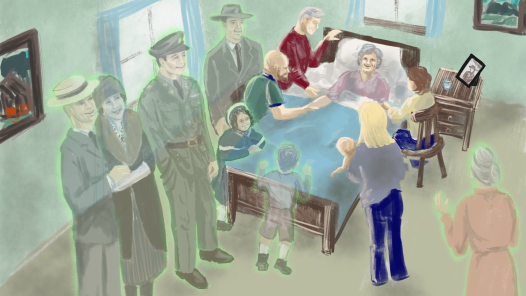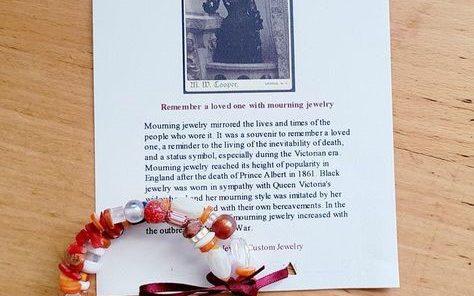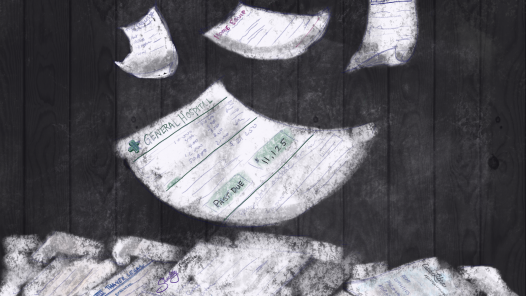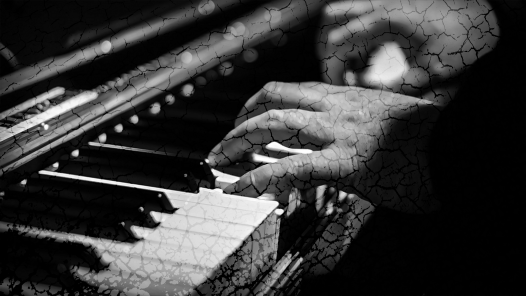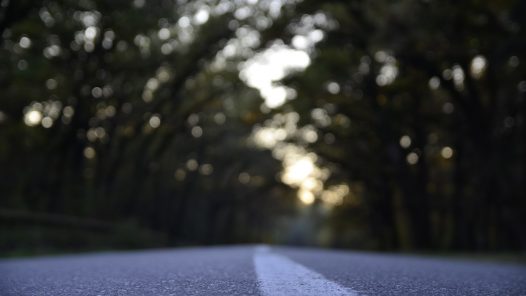Do you love our content but forget to check for updates? We've got you covered! Subscribe to get notified of podcasts, radio shows and posts.
If you are incapable of making medical decisions, who would you want to speak for you? How do you let them know what is important to you in your care? We discuss the importance of preparation at any age, how to do it, and what resources are available to help.
Is photographing a deceased loved one morbid or a way to memorialize and help with grief? You decide in this episode on post-mortem photography. In addition to our recipe of the week, Marianne shares her new favorite obituary.
An estimated 50-60% of patients will experience some form of end of life visions or dreams on the deathbed. What is this phenomenon, and how do you respond? Listen to our podcast to learn more!
Can we communicate with the undead? Mediums claim to be a conduit but there is also opportunity for frauds. Bereaved are the most vulnerable as they seek to connect with a recently lost loved one. Learn what to look for and more from today's guest.
What is mourning jewelry? Learn about this 19th century tradition and how Marianne is using it to honor her sister and uplift those grieving. You can make it too!
When a loved one dies, the last thing you want to think about is the person's finances. However, it's important to understand what happens to credit and debt after death and get resources to help. Learn ways to preserve roses from a funeral and...death by chicken!
Do you or a relative think you may have memory and thinking problems? Learn what to expect in screening in this episode. We talk about the role of depression, cognitive tests, brain imaging, and other tests that will be used to diagnose dementia or other possible causes.
In this episode we talk about how a daughter responds to her mother's search for assisted death. Her story is an informative one if you or a family member are considering assisted death.
This week we take a difficult walk through the ideas of medical aid in dying, assisted suicide, and euthanasia. Euthanasia is taken from the Greek word euthanos, which means “good death.” Is it really necessary to actively kill a person in order for them to have a “good death”? We talk this week...



